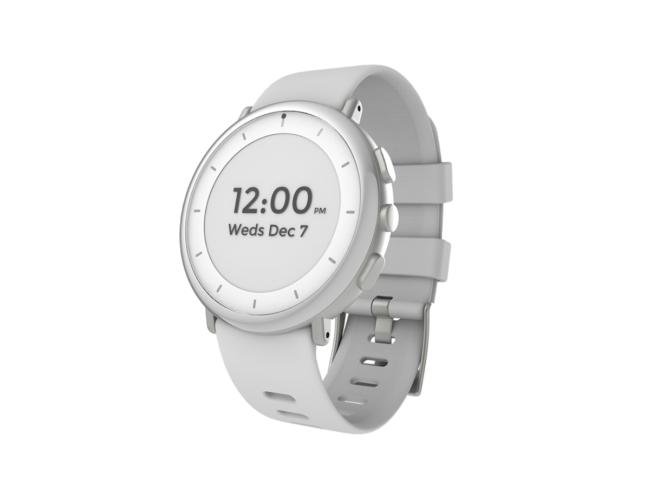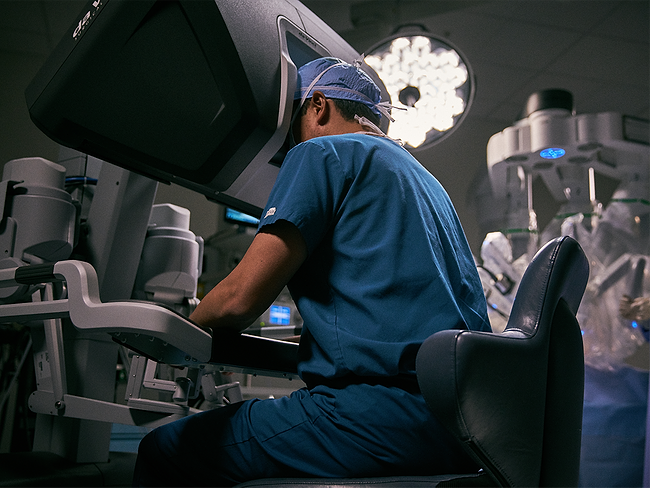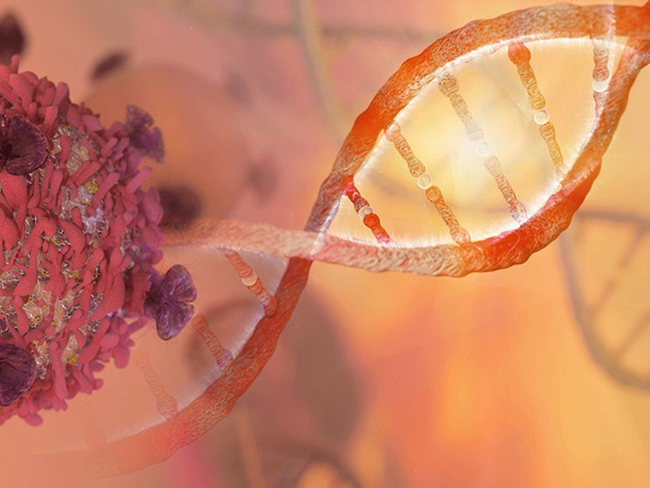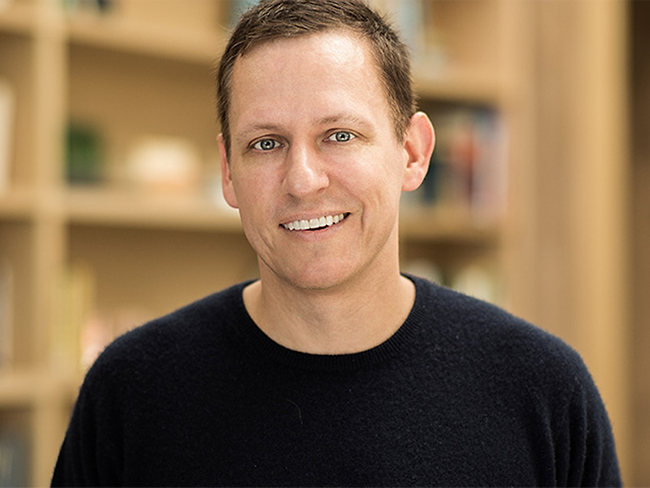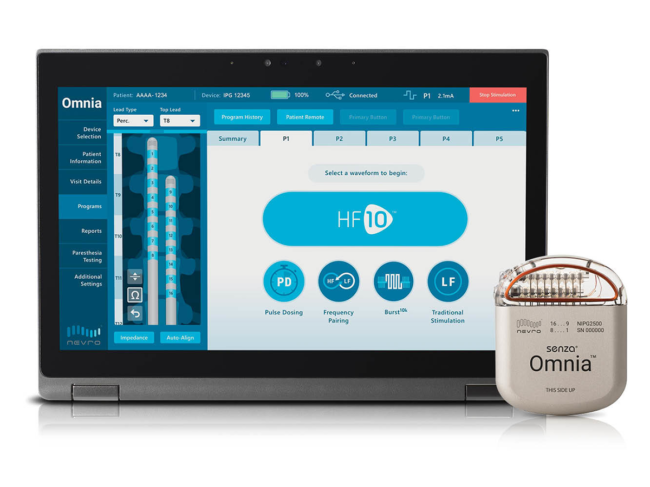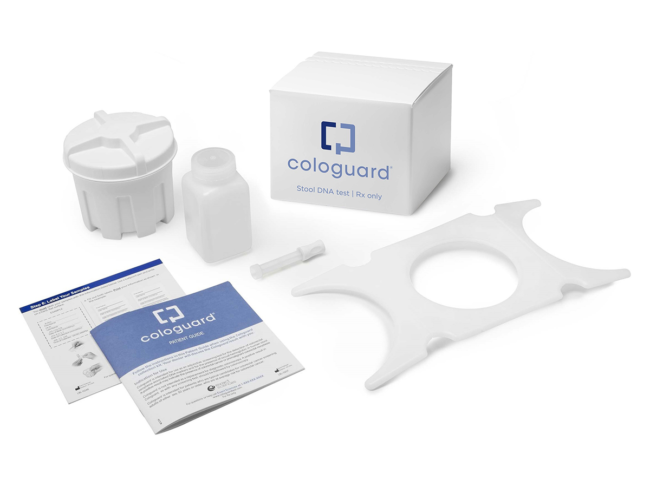
Articles by Stacy Lawrence
Precision Medicine World Conference
Verily highlights diabetes care, Project Baseline even as related partnerships are restructured
Read MorePrecision Medicine World Conference
Novel Dx companies start to see a better path with payers, but continue to work all the angles
Read MorePrecision Medicine World Conference
Cancer genomic tests often aren’t done to guideline; germline data presents unique issues
Read MorePrecision Medicine World Conference
Thiel calls for improving research grant, regulatory processes to enhance scientific innovation
Read MoreJ.P. Morgan Healthcare Conference
Nevro aims to dominate pain neurostimulation with Omnia to treat across frequencies
Read MoreJ.P. Morgan Healthcare Conference
Wall Street wonders where Exact Sciences is headed in wake of Genomic Health acquisition
Read MoreJ.P. Morgan Healthcare Conference
